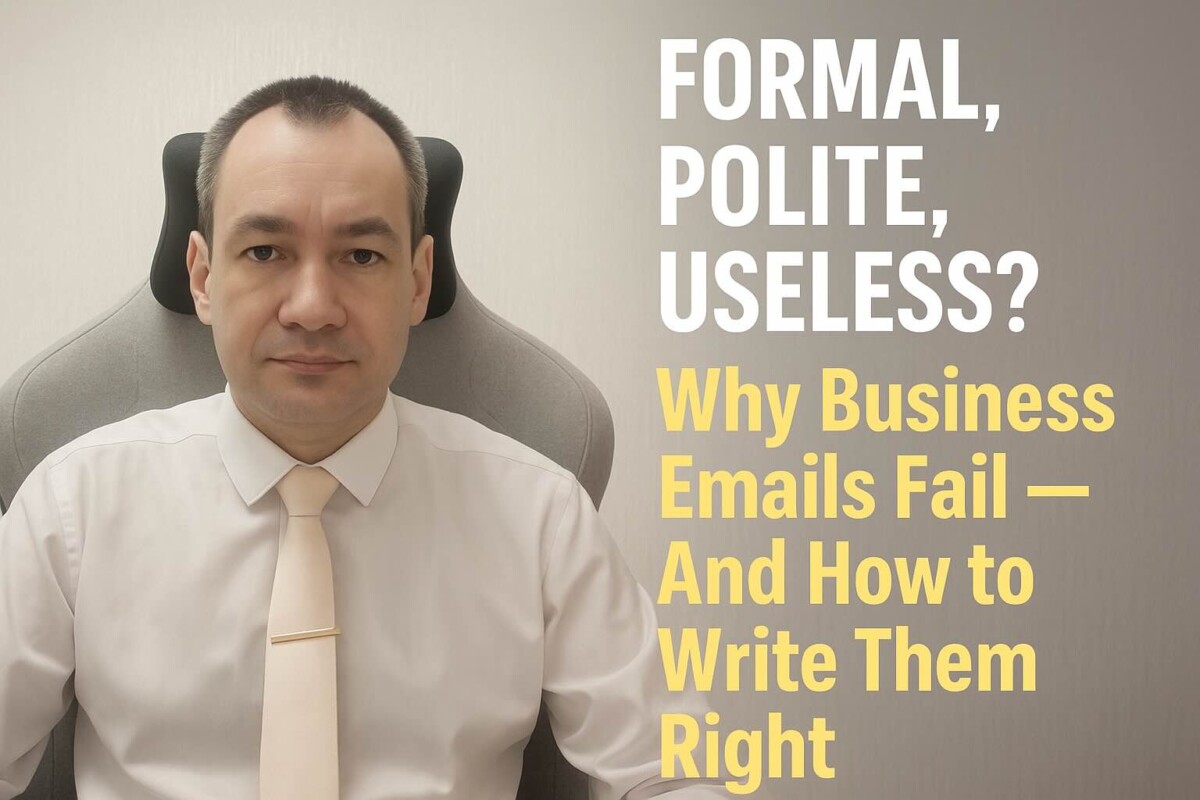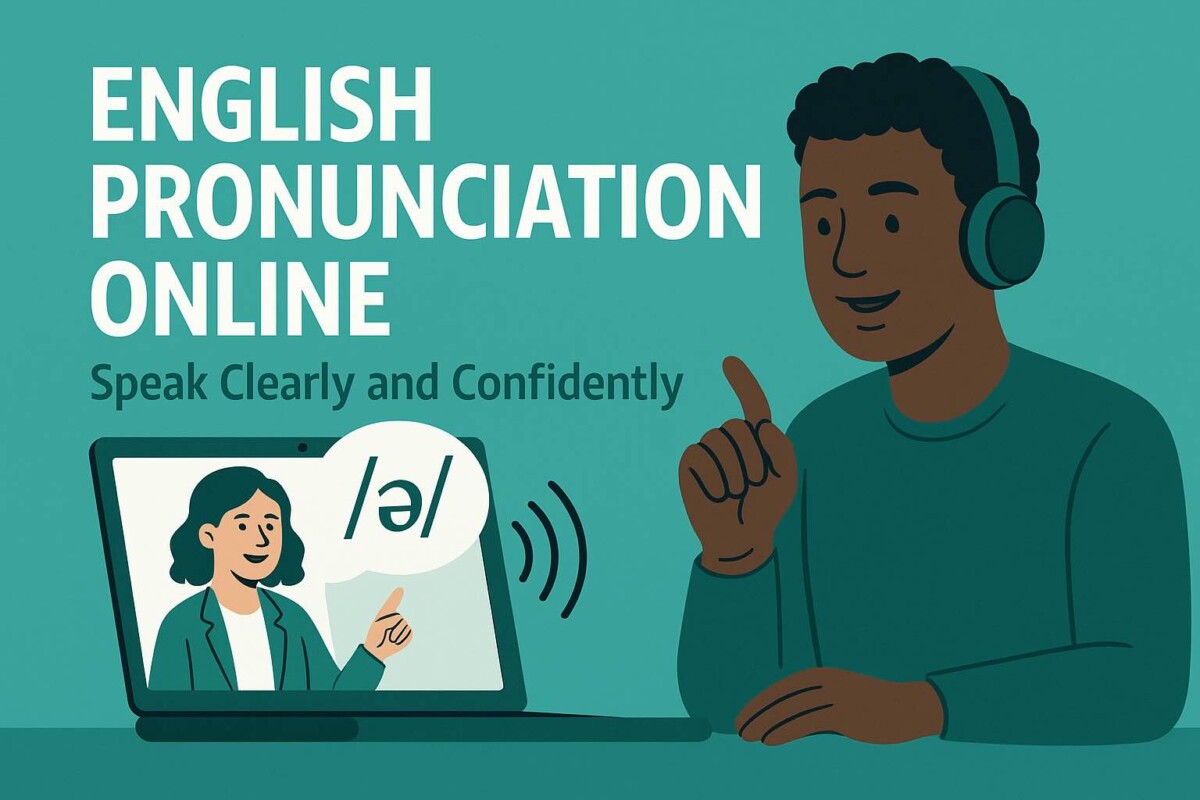Escuela de idiomas Levitin | Career and Language Skills
📌 Learn more about studying English:
👉 English learning with a tutor
Why “Polite” Emails Don’t Always Work
Every manager knows the type of email that looks perfect: polite phrases, formal grammar, elegant closings.
And yet — the reply is confusing, delayed, or simply absent.
That’s because formal does not mean effective.
Business English is not about decorating your sentences. It’s about getting things done.
A Real Story: Clarity Wins
When I worked in a company years ago, a senior colleague drafted a very formal business letter. It looked flawless.
But the reply we received was vague — nobody understood what the other side expected.
So I rewrote the letter. Simpler words, clearer structure. Maybe less “elegant,” but more specific.
The result? A direct response with actionable requirements.
That was the moment I realized:
Business English isn’t about sounding smart. It’s about being understood.
The Problem with “Polite” Business English
❌ Over-formal phrases
- We are in receipt of your letter…
- Kindly be advised…
- Pursuant to our recent correspondence…
These expressions sound official but add zero clarity. They distance you from your reader.
✅ Modern, clear alternatives
- We received your letter…
- Please note…
- As we discussed earlier…
Simple doesn’t mean unprofessional. It means your partner can act immediately.
How to Structure an Email That Works
🧾 1. Start with purpose
Don’t waste the first line. Say why you’re writing.
“I’m writing to confirm the delivery schedule for next week.”
📌 2. Keep one idea per paragraph
Block style (Printed Style) or Indented — format is less important. Clarity is what matters.
🗣 3. Use human language
Replace outdated expressions with direct wording.
“I’ve attached the contract draft.” en lugar de “Enclosed herewith please find…”
✅ 4. End with action
Always make clear what happens next.
“Could you confirm by Friday?”
“Please let me know if this works for you.”
The Formula: Effective Business Email
- Subject line — clear and direct.
- Opening sentence — purpose of the email.
- Body — one idea per paragraph.
- Closing — specific action required.
- Polite sign-off - Best regards, Yours sincerely.
That’s it. No complexity, no wasted words. Just clarity.
Why This Matters for Leaders
If you’re a manager or business owner, you don’t need “beautiful” emails.
You need communication that:
- saves time,
- reduces misunderstandings,
- leads directly to decisions.
Business English done right is not an academic exercise. It’s a tool of leadership.
Final Words
Forget the myth that polite means complicated.
In global business, the most professional thing you can do is be clear, respectful, and direct.
That’s the Business English that actually works.
✍️ Autor: Tymur Levitin
Founder, director, and senior teacher at Escuela de idiomas Levitin
Iniciar la Escuela de Idiomas por Tymur Levitin
© Tymur Levitin. Todos los derechos reservados.
Авторская разработка Тимура Левитина — основателя, директора и главного преподавателя Levitin Language School.

🔗 Elige tu idioma:
English Original | Русский | [Українська] | [Deutsch] | [Español] | [العربية]
🔗 Related Articles:
- Entrevistas de trabajo en otro idioma
- Business English That Actually Works: Speak Your Mind. Formally.
























